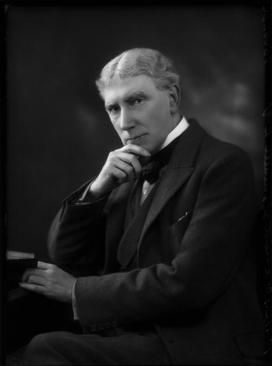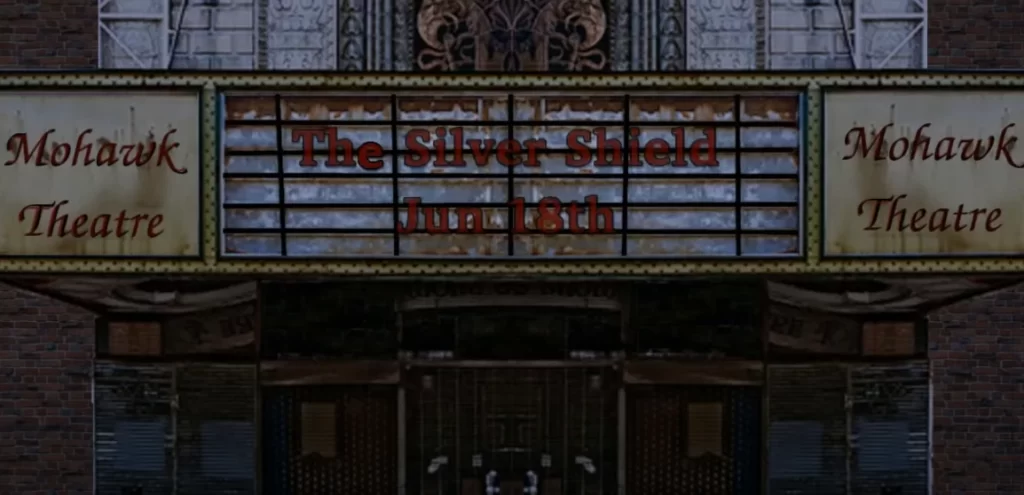“The Unlucky Theatre” is a ghost story by the English writer Elliott O’Donnell
English author (1872–1965) known primarily for his books about ghosts. (1872–1965), first published in 1959 and alternatively titled “The Hoodoo Theatre”.[1]
Told as a third-person narrative, it concerns a London theatre considered to be unlucky because no play performed in it has ever been a success.

Synopsis
The Mohawk theatre was considered to be the unluckiest in London, because no play produced in it was a success, despite its many changes of name in the past. Its reputation was further damaged by stories that it was haunted.
Fernaghan, who has an interest in ghosts, receives permission from the owner to spend a night in the theatre, on condition that whatever happened would be kept secret. He arrives as arranged at the stage door at 11 pm one Monday night in June to be let in by the night watchman, who is then allowed to go home, as Fernaghan is taking his place. Now alone in the theatre, he decides to look around, and hears a noise from one of the dressing rooms, where on investigation he finds a man doing something to a stage sword. The man looks guilty, and when Fernaghan challenges him he melts away.
At about one o’clock, while Fernaghan is seated below the stage, he suddenly feels that he is being watched, and on looking up he sees a “tall, graceful woman … beautiful … and very ghostly” at the edge of the stage. After looking around anxiously, she disappears from sight.[2]
Leaning back in his seat, eyes closed, Fernaghan suddenly hears voices, and finds himself one among a ghostly audience with faces “as pale as those of the dead … something unpleasantly inhuman about them”.[3] The beautiful woman he had seen earlier is sitting in one of the more expensive seats, wearing an old-fashioned evening dress. The musicians playing below the stage stop as the curtain rises, revealing two men about to have a sword fight.
Suddenly one man lunges forward and strikes the other in the chest with his sword; he falls to the ground accompanied by a joyful cry from the beautiful woman. The curtain drops, and is raised a few moments later to reveal a row of skeletons dressed in the clothes they had probably worn in the play. The musicians and the audience are now also skeletons, clapping their boney hands in appreciation. The curtain falls, leaving the theatre once again in darkness, and Fernaghan leaves.
On recounting his experience to the owner of the Mohawk, Ferhaghan is told that it may be related to an event that happened in 1803, when the theatre was called the Cascade. During a play called The Watching Eye there was a sword fight between two actors, Guy Lang and Raymond Ross. Mrs Lang was very much in love with Ross, and told him that she hated her husband, who abused her. Although stage swords always had rubber buttons on their points to protect against injury, Ross’s had no such button.
Mrs Lang went on to marry Lord Delahoo, but the suspicion of murder lay over the theatre, and it closed. Although it was reopened under a different name, it was never successful, and unable to sell it, the owner had it demolished and sold the land on which it stood.
